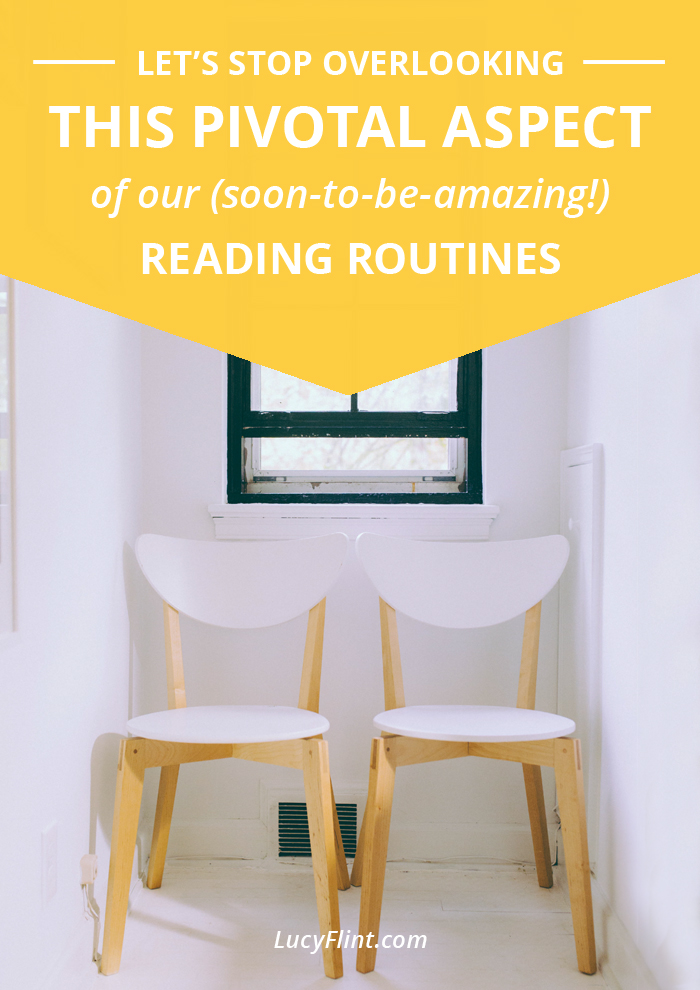Give Yourself This Simple, Powerful, Life-Sustaining Gift This Weekend
/And then sometimes, reading is just a blissful escape.
A cheap—but incredibly effective!—mental vacation.
Obviously this can be abused, and of course it's not the most healthy idea to keep checking out in the midst of circumstances that need your attention. (So let's not do that.)
But a well-timed book escape can also be balm.
Find a good, absorbing novel, and it's a ticket away, a mind-spa. Nourishment.
When they're set in an exotic locale, a book escape makes me feel like I really have "seen" other places and other times. (Love Mary Stewart's books for that!)
But more importantly, reading in this way protects space and time for me to rest, to be nurtured. To remember what I value.
To hear about courage, to read about other people's struggles, and through that, to feel steady enough to re-enter the fray of my own life.
Books have filled this place for me again, and again.
Let's never underestimate the delicious ability we have, to escape into a book. To give ourselves a getaway, just by tumbling into a novel for a while.
(Or that we are writing such getaways for other people. It's a huge service, and a wonderful one, too!)
The most vivid memory I have of taking a "book vacation" was a little over ten years ago. I was in an emotionally brutal living situation. My roommate convincingly hated me, and there was no getting out of it.
To put it mildly, I wasn't thriving.
One week, I worked extra hard to clear all my homework by Friday night. And then I walked to our college library. Hiked up the five floors to the children's department. And I grabbed two thick novels by Robin McKinley. (Swoon!)
That Saturday, I woke up early. I carted some snacks out to our balcony and dragged out a chair.
And then I just read.
I snuck back inside for more food or for a bathroom break, but otherwise I spent the whole day on that balcony, in that chair...
but in an entirely different world.
No terrible roommate, no passive-aggressive behavior, no manipulation. I was Elsewhere, and it was marvelous.
By the time the book was over, it was night. I fell into my bed and dreamed story-inspired dreams.
The next morning, I started the second book. This time in my bed. It was a top bunk, so I made myself a little reading nest: I brought my meals and snacks up with me, snuggled under a blanket—and roared through the second book.
By late Sunday night, I'd finished them both. My eyes felt a little warm, a little sore.
But I clearly remember having this exquisite, deeply-rested feeling.
Like I'd truly been gone.
Like I'd been able to catch my breath.
I had enough space and time and words pouring through me, and somehow that helped me remember who I was and how I thought and what I liked. (All things which had been under attack in my living situation.)
It can sound like a small thing: two books, one reading-binge weekend.
But there was also rest, delightful words, stories of courage. They were big, beautiful books of adventure and facing obstacles, which was exactly what I needed to hear.
And which, I guarantee, helped me survive the weeks to come.
So, let's never underestimate the value of a reading holiday. The power of a well-placed story. The way good books shine light into dark, difficult places.
Mmmm. This is no small thing we do, my novel-writing friends!
Every story we write is a powerful gift to someone else.
Have you ever had a "reading vacation"? (Or, do you maybe need to take one right now??)
How or where has reading done that service for you? How has it lifted your burdens for awhile, so that you could re-enter the struggle with new energy?
In all honesty, I've had a pretty chaotic summer, and I'm not always landing on my feet these days. So my decision to spend July falling into novel after novel? Has actually been a pretty great one.
It is so, so lovely to hit pause on all the worries and concerns and challenges. To slide into a book for a while.
And then to step back into the day with a fresher perspective, a little more energy. A clearer head. More words.
It's just one more way that books are beautiful things, right?
Give yourself that gift today, or this weekend. How can you make some space, clear some room for reading, and splash around in someone else's world for a while?
It's worth it. Especially if you feel like you don't have the time.
Take a delicious, story-fueled break.
Okay, so, reading report: I'm about two-thirds the way through Emmy and the Incredible Shrinking Rat, and snickering all the way through. I love books like this!! It will be no trouble to finish it by the end of the week.
How about you? What have you been reading—and loving—lately?













